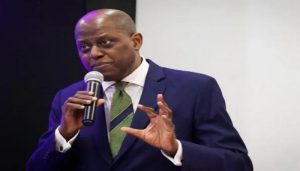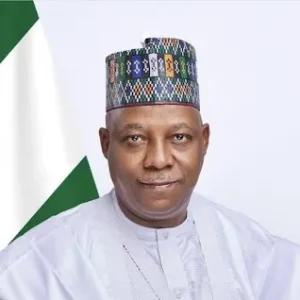
Nigeria has renewed its call on the United Nations and the international tax community to forge an inclusive, equitable, fair and universally-beneficial international tax system towards the attainment of the 2030 Sustainable Development Goals (SDGs).
Executive Chairman of the Federal Inland Revenue Service (FIRS), Muhammad Nami, made the call while delivering Nigeria’s statement at the Economic and Social Council (ECOSOC) Special Meeting on International Cooperation in Tax Matters, held on Friday, at the United Nations Headquarters, New York.
Nami said the Nigerian delegation was concerned about the global minimum tax as put forward by the OECD Inclusive Framework because of its low rate and the process of negotiation to benefit the home countries of multinationals.
“My delegation is concerned about the global minimum tax because of its low rate and the way it was negotiated to benefit the home countries of multinationals, which are mostly in developed countries,” he stated.
The head of Nigeria’s apex tax authority, according to a statement issued by the Special Assistant to the Executive Chairman, FIRS (Media and Communication) Johannes Oluwatobi Wojuola, urged the meeting to discuss how “a UN instrument on tax cooperation can both build on work that has already been done in a way that guarantees fairness and equity.”
He also said Nigeria looked forward to views on “enforcement mechanisms for a binding multilateral tax convention, noting the challenges that developing and developed countries have experienced with investment treaty arbitration”.
Nami pointed out that the capacity of countries to attain the 2030 SDGs hinged on having the requisite funding “in delivering critical public services” toward the goals.
Nigeria, while calling for a global taxation regime under the United Nations, harped on the importance of enhancing domestic resource mobilisation among member states to address their economic challenges.
“The promotion of inclusive International Tax Cooperation remains a critical subject in the attainment of the 2030 SDGs.
“Today a global taxation regime under the UN is urgently needed to enable States to effectively mobilize domestic revenues to address the multiple economic and other crises impacting our efforts in the achievement of the 2030 SDGs.
“Domestic public resource mobilisation is critical to this effort because of its vital role in delivering critical public services and advancing even progress towards the sustainable development agenda,” he said.






